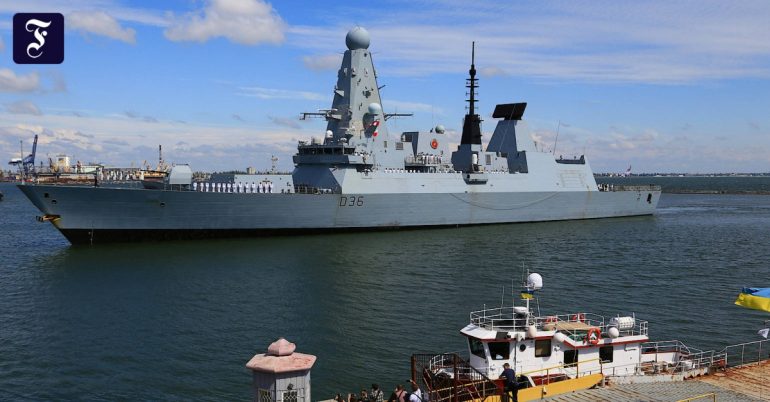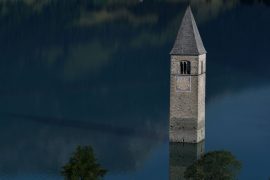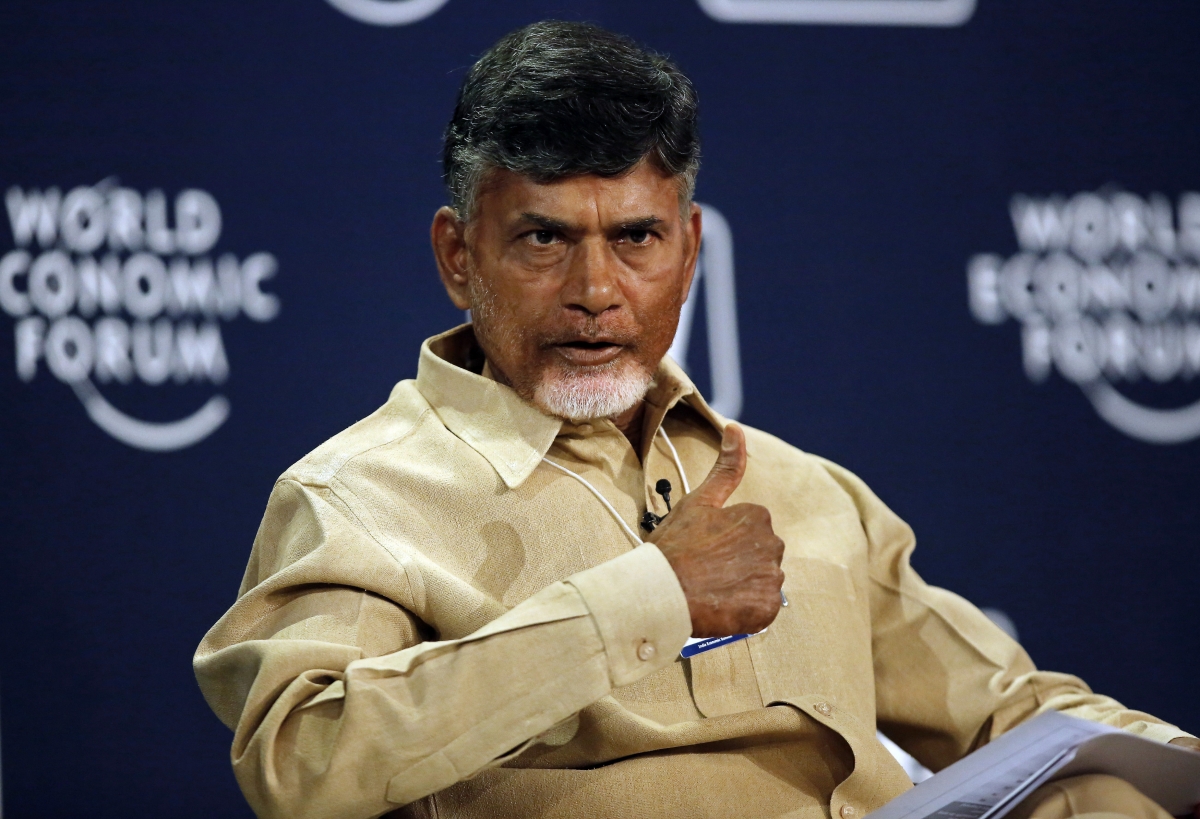aA day after the still-puzzling events in the Black Sea, British security experts realized the Royal Navy was deliberately trying to send a signal. While official statements referred to a “regular transit” on a normal route, British correspondents aboard HMS Defender insisted that the destroyer had taken a course by the Russian-occupied Crimea peninsula “deliberately” close to the Ukrainian coast in 2014. correspondent of daily Mail The distance to the coast is estimated to be three kilometers. “We clearly annoyed the Russian bear, and it excited back.”
Defense Committee chairman Tobias Ellwood defended the action on Thursday alongside Britain’s right to protect international shipping lanes. But he also issued a warning: “We must recognize that this is a dangerous sport.” HMS Defender belonged to a naval formation currently en route to the South China Sea, and – along with the Dutch frigate HNLMS Evertsen – set aside for the mission.
A few days before the incident, the British destroyer was the scene of a military-diplomatic signing ceremony: on board, government representatives from Ukraine met with British politicians, including a Secretary of State from the Ministry of Defense, to sign a cooperation agreement. In this, Great Britain has pledged to help Ukraine build its navy. London also wants to support the country in the construction of new patrol boats, the rehabilitation of shipyards and the construction of naval bases on the Black Sea and the Azov Sea – a tributary of the Black Sea east of Crimea.
“claim the right to live there”
The British Embassy in Ukraine made sure the presence of HMS Defender went unnoticed and posted online a photo of the destroyer in front of Odessa. The Times speculated in an editorial that NATO ships wanted to show solidarity with Ukraine not only in its conflict with Russia, but also to conduct reconnaissance at the Russian naval base in Sevastopol. The intention of the mission was to “exercise the right to be there”.
Last October, Moscow claimed it had forced a British warship into the Black Sea on a different path. The UK Defense Department at the time denied any incidents. Prior to this, British airspace was occasionally violated by Russian military aircraft. the machines were going through the same every time Royal Air Force guided from the airfield. When a Russian aircraft carrier made its way through the English Channel on its way back from Syria in 2017, it was also escorted by the Royal Air Force and a British frigate.

every Tuesday
The British government on Thursday continued its line of underestimating what happened outside Crimea. Environment Minister George Eustice denied that there were targeted warning shots and pointed out only that the Russians had “not unusual target practice” that took place not far from HMS Defender. There could be no question of “persecution” of the ship by the Russian army. Asked if the Royal Navy would be in the water again, he replied: “Of course. We have never accepted the annexation of Crimea and these are Ukrainian waters.”
In Moscow, people insist that the HMS Defender on the ship’s course three kilometers from Cape Fiolent on the southern coast of Crimea was forced to stop only by warning shots and bombs. One in the Russian capital has decided on the language regulation of the British “provocation” and complained about the violation of “Russian” territorial waters. Kremlin spokesman Dmitry Peskov, the naval leadership and the Ministry of Foreign Affairs have said this. As is customary in such cases, there are threats even with the intention of showing defensive determination. Deputy Foreign Minister Sergei Ryabkov threatened a repeat with bombing attacks “not only on the way, but on the target”.
Peskov also said that if “such incidents go too far”, “no option can be ruled out” for Russia’s “legitimate security”. But one should not draw any ideological conclusions from the incident, Pesko said in a Russian attempt to put Great Britain on the new Russian list of “unfriendly states.” The United States and the Czech Republic are already on it. It was worth noting that other NATO countries were not covered by the charges on Thursday.
British Russia expert Mark Gelotti suspected that a Moscow “hawk” might be behind the force’s display around HMS Defender, who was upset by the fact that the Russian Foreign Ministry, which has not played a major role in recent years, Nearby the morning air smelled again at the Geneva summit between President Vladimir Putin and US President Joe Biden. Moscow foreign politician Konstantin Kosachev also declared “provocation” with an attempt to sabotage Geneva’s alleged successes. However, true to the Russian portrayal, he blamed London alone for this.

Introvert. Proud beer specialist. Coffee geek. Typical thinker. Pop culture trailblazer. Music practitioner. Explorer.






